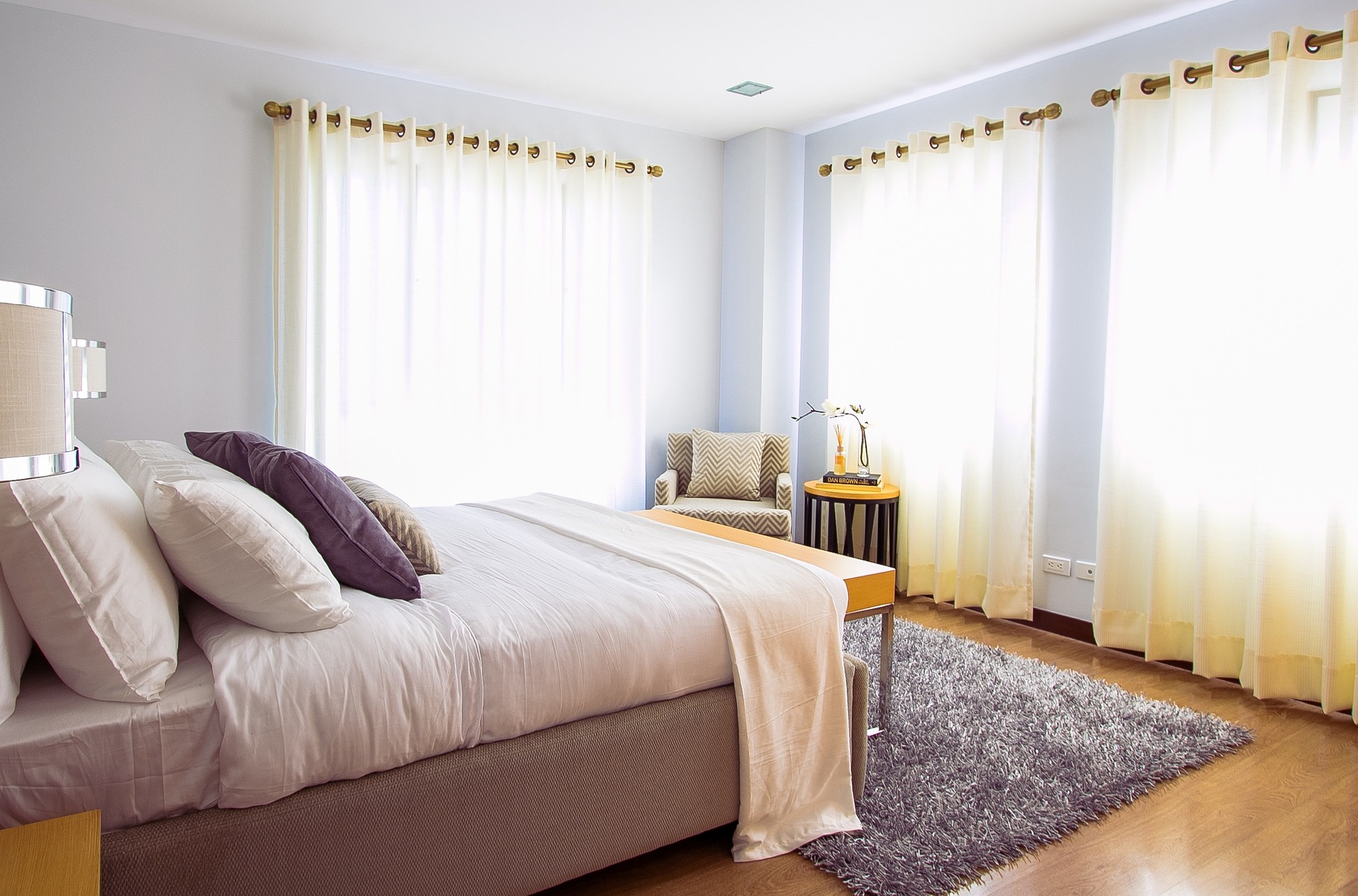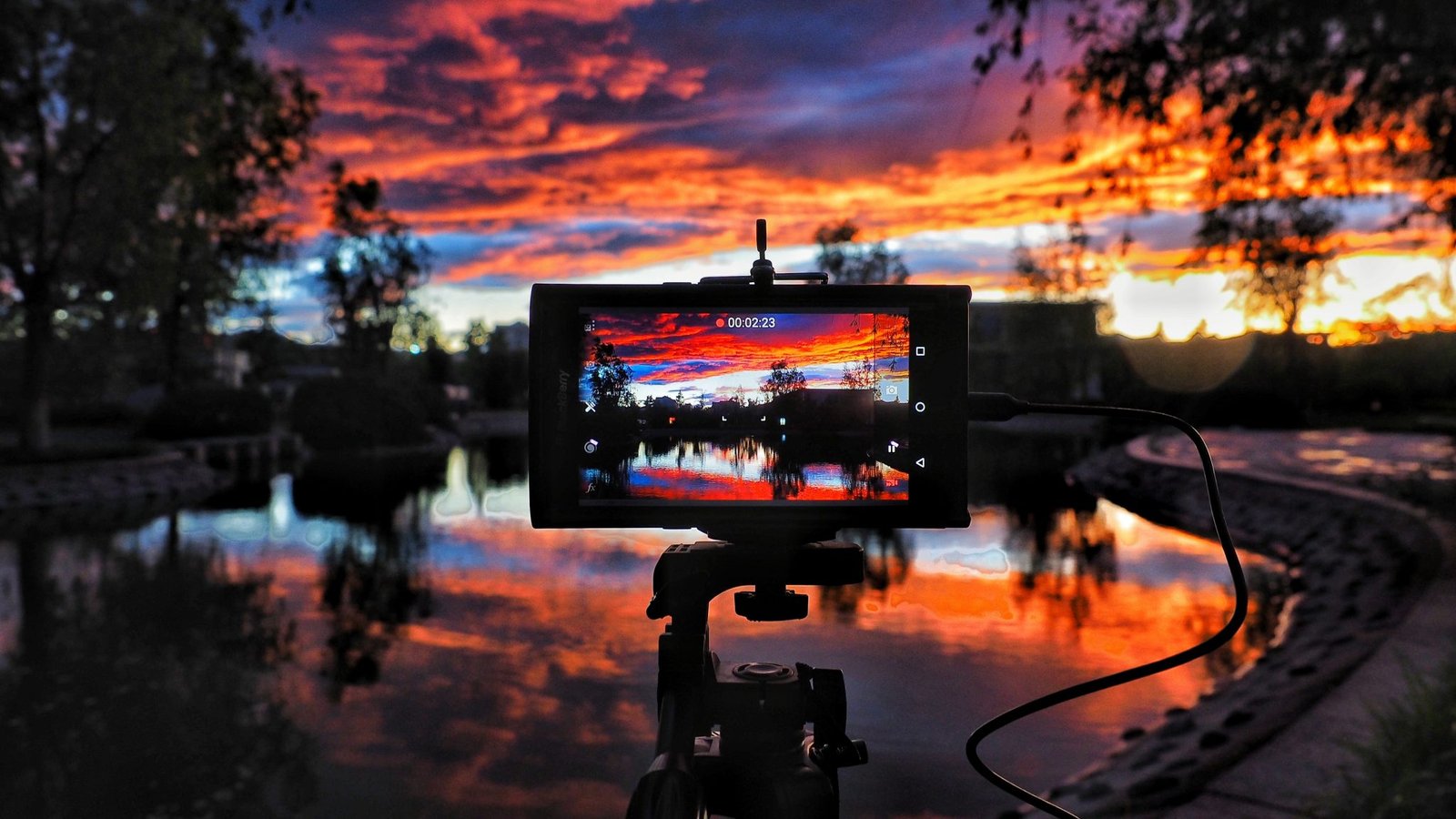Traveling is exciting and enriching, but it can also disrupt sleep patterns and leave you tired and unrested.
Whether traveling for business or pleasure, getting a good night’s sleep is necessary for maintaining your health, well-being, and enjoyment.

This article will discuss several valuable tips that will help you sleep well when traveling, ensuring you wake up refreshed and ready to make the most of your adventures.
Limit Exposure to Electronic Devices
The blue light emitted by many electronic devices, including your smartphones, tablets, and laptops, interfere with your sleep patterns. These suppress the production of melatonin, a hormone that helps regulate sleep. Avoid using these electronic devices at least an hour before your bedtime to let your body wind down naturally. The reputable providers of blue light glasses behind Block Blue Light also suggest using these if you still intend to use your devices before bedtime. Similarly, consider using blue light filters or apps that reduce blue light emission.
Create a Comfortable Sleep Environment
Your sleep environment heavily influences the quality of your sleep. When traveling, try to recreate a comfortable and familiar sleep environment as much as possible. Bring along items that promote sleep, such as a comfy pillow, noise-canceling headphones or earplugs, an eye mask to block out light, and even a small portable fan for white noise. This will reduce the effects of blue light on your eyes, helping you achieve restful sleep. Additionally, choose accommodations that offer quiet rooms, comfortable beds, and adjustable temperature settings.
Plan and Adjust to Time Zone Changes
If traveling across different time zones, planning ahead and gradually adjusting your sleep schedule to match your destination’s time zone is essential. Adjust your sleep and wake times a few days before your trip, slowly shifting them closer to the local time. This will help your body adjust more smoothly to the new time zone, improving your ability to fall asleep and wake up at the correct times. Planning and adjusting to time zone changes is critical to minimizing the effects of jet lag and helping your body adapt to the new sleep schedule.
Stick to Your Bedtime Routine
Maintaining a consistent bedtime routine can signal your body that it’s time to wind down and prepare for sleep. Regardless of where you are, stick to your regular bedtime routine as much as possible. This may include reading your favorite book or taking a warm bath. You can even try practicing relaxation techniques like deep breathing or meditation. Following your routine will signal to your brain that it’s time to relax and prepare for a restful night’s sleep. Consistency is vital in helping your brain and body recognize when it’s time to rest.
Stay Active During the Day
Engaging in physical activity during the daytime can help regulate your sleep patterns and promote better sleep at night. Take advantage of opportunities to explore your destination and engage in activities that get your body moving. Whether it’s sightseeing, hiking, swimming, or simply taking a stroll, physical activity enhances your overall travel experience. It helps you feel tired and ready for sleep at the end of the day. Staying active during the day through exploration and physical activities will enhance your travel experiences and contribute to better sleep at night. Regular exercise helps regulate sleep patterns and promotes a night of more profound and restorative sleep.
When you’re in a new environment, it’s natural to feel anxious or restless, making it challenging to fall asleep. So practicing relaxation techniques before bed can help calm your mind and prepare your body for sleep. Try deep breathing exercises, progressive muscle relaxation, or guided meditation to help you relax and ease into a restful state.
Avoid Excessive Caffeine and Alcohol
While it may be tempting to indulge in caffeinated beverages or alcoholic drinks during your travels, be mindful of their impact on your sleep. Caffeine can interfere with your ability to fall asleep, while alcohol may disrupt your sleep quality and leave you groggy the next day. Limit your consumption of these substances, especially in the evening, and opt for calming herbal teas or water instead.
Getting a good night’s sleep is essential for enjoying your travels and making the most of your experiences. By following these tips, you can ensure that you sleep well when traveling, waking you up feeling refreshed, energized, and ready to explore. Remember, a good night’s sleep sets the foundation for a successful and enjoyable trip. So, embrace these strategies, take care of your sleep, and embark on your travels with energy, enthusiasm, and a well-rested mind and body. Bon voyage and sweet dreams!






